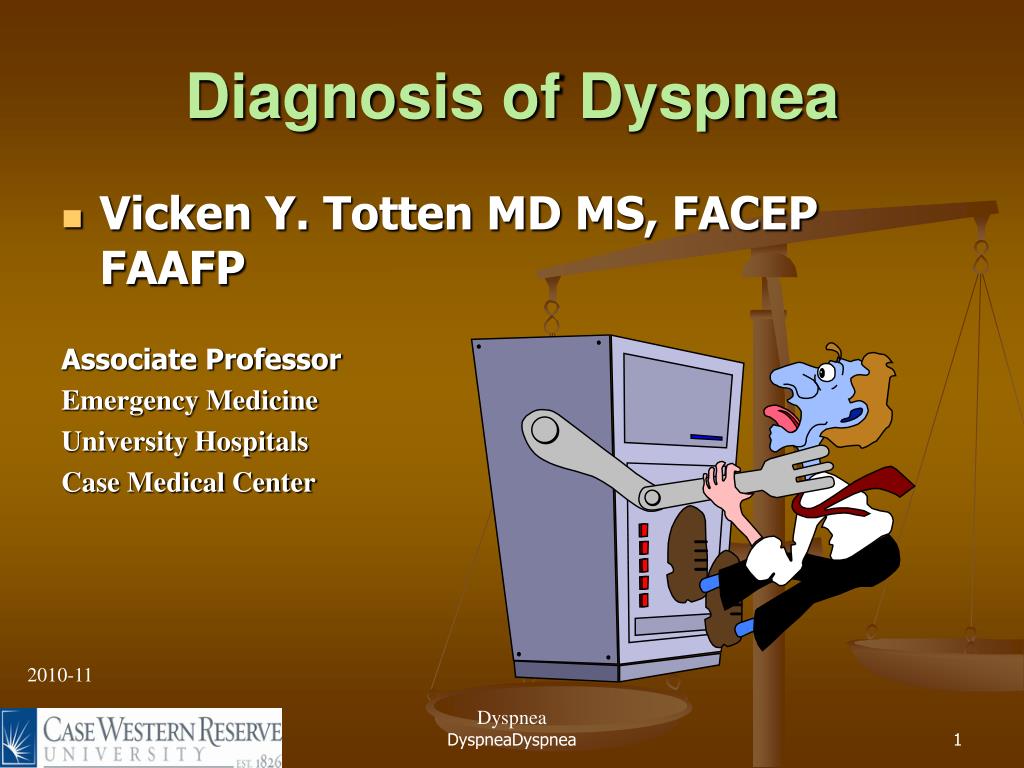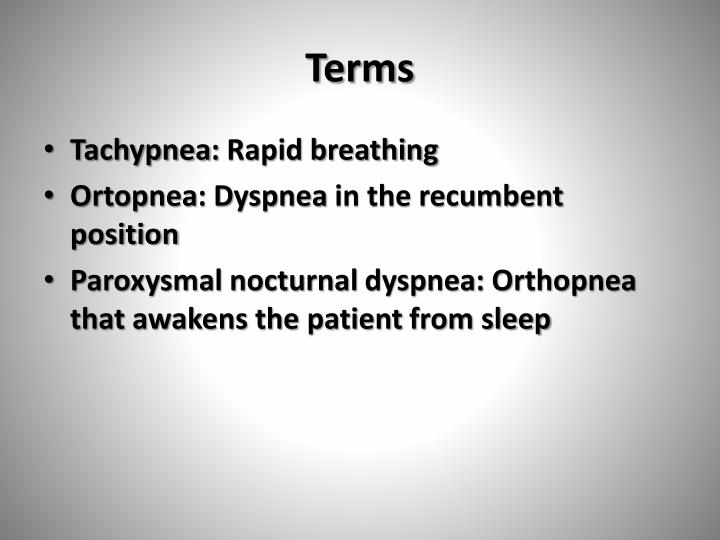
Add more pillows during sleep to elevate upper body.Instant approach to for Paroxysmal Nocturnal Dyspnea treatment and prevention are: Paroxysmal Nocturnal Dyspnea Diagnosis TestsĬontingent upon symptomatic manifestations and pre-existing conditions, following Paroxysmal Nocturnal Dyspnea (PND) diagnosis tests may determine the exact reason for the onset of the symptoms: Acute shortness of breath while sleeping.Paroxysmal Nocturnal Dyspnea Symptoms, sign and characteristics are given below: Cardiac valve diseases (mainly mitral valve).Obesity (does not specifically bring about difficulty in breathing while resting but rather regularly aggravates different conditions that leads to it).


Heart failure (PND is the characteristic sign of Congestive Heart Failure).Cor pulmonale (an intense strain or hypertrophy as a result of diseases of the lungs or of other vessels).Chronic Obstructive Pulmonary Disease (COPD a group of lung conditions including chronic bronchitis and emphysema that influences the lungs’ ability to perform its function normally).In night time, while sleeping, the fluid absorbs in the lungs especially in the air sacs bringing about an increment in total blood volume and blood pressure leading to pulmonary edema.įollowing medical conditions are some of the Paroxysmal Nocturnal Dyspnea Causes:

During the day, the fluid is retained in the legs. The most widely recognized reason for PND is a failure of the left side of the heart in which legs may swell up with fluid accumulation. PND is brought on by the depression or despondency of the respiratory centers during rest, which may lessen arterial oxygen tension, especially in patients with interstitial lung diseases and decreased respiratory compliance. However, in Orthopnea this posture relieves the dyspnea. With the difference being that in Paroxysmal Nocturnal Dyspnea coughing and wheezing frequently persists while sitting in upright posture along the side of the bed with legs dangling. It is a subjective experience perceived and reported by an affected person.Īccording to research paper published in National Center for Biotechnology Information, Paroxysmal Nocturnal Dyspnea is an intense form of Orthopnea. Dyspnea refers to the sensation of troublesome or uncomfortable breathing. It is the activity that happens or irritates amid night time. Nocturnal means of or related to the night. These are a sudden repetitions or intensifications of symptoms, for example, a pain, spasm, coughing, shaking and so forth. If we look at the pathology of Paroxysmal Nocturnal Dyspnea attacks or paroxysms. Let’s dig into more details of Paroxysmal Nocturnal Dyspnea, Paroxysmal Dyspnea, Nocturnal Dyspnea in the following: What is Paroxysmal Nocturnal Dyspnea? We have discussed Nocturnal Dyspnea Definition definition and nature. Paroxysmal Nocturnal Dyspnea Symptoms, Treatment, Causes The underlying pathology in asthma is a chronic inflammatory condition of airways in which the constriction of the airways occur leading to breathing difficulties while Paroxysmal nocturnal Dyspnea is due to the fluid buildup in lungs or pulmonary edema and is a sign of heart failure. The two conditions are altogether different. The scientific term for this event is paroxysmal nocturnal dyspnea.Ĭardiac Asthma and Paroxysmal nocturnal dyspnea (PND) are sometimes confused when PND is referred as cardiac asthma, as its signs and symptoms mimic those of the asthmatic attack. Anxious and frightened, you may rapidly sit up and put your feet on the floor. Imagine waking up all of a sudden from rest, gasping for air, coughing, wheezing and feeling like you are suffocating. PND is a startling, fearsome and scary experience. In the event that you have never encountered this, you are fortunate. But there is nothing scarier than awakening from suffocation, choking, stifling and gasping for breath. sound, movement, thirst, hunger, toilet run and nightmares.

Many things can wake you up during the night e.g. It normally happens in the first phase of the sleep cycle, with few hours of sleep (30 minutes to 2 hours), mostly in a reclining position. Paroxysmal Nocturnal Dyspnea is a medical condition that refers to the sudden attack of severe shortness of breath (suffocation) that awakens an individual from sleep. Let’s look at what is Paroxysmal Nocturnal Dyspnea defination: PND is also called alternatively called Paroxysmal Nocturnal Dyspnoea, Paroxysmal Dyspnea or Nocturnal Dyspnea. PND medical abbreviation stands for “Paroxysmal Nocturnal Dyspnea”. To define Paroxysmal Nocturnal Dyspnea pathology it is necessary to know the terms in detail. Learn what is Paroxysmal Nocturnal Dyspnea (PND), its medical abbreviation, definition, symptoms, treatment, and causes.


 0 kommentar(er)
0 kommentar(er)
